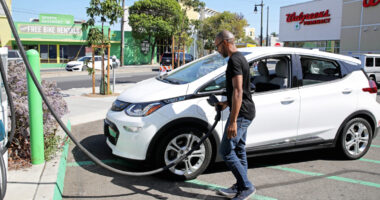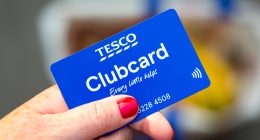
Peter Coffey, an advertising copywriter, has used cash just once since the Covid-19 pandemic started—to buy a used car.
When the health crisis began, he set up his smartphone’s tap-to-pay function with a credit card. “Some places weren’t accepting cash. I just got into the habit of never even thinking about cash,” he said.
Mr. Coffey, 28 years old, who is working remotely from Tucson, Ariz., said he expects to continue using touchless payment technologies after the pandemic. “It’s great, the amount of times I’ve gone to the store and realized I don’t have my credit card. It’s fine—I just tap with my phone.”
He and many other U.S. consumers are shunning cash for a number of reasons, including convenience and a desire to avoid bills and coins as potential sources of coronavirus transmission. In the same way the Covid-19 pandemic has changed the ways we work, shop and socialize, it has also shifted the way many people pay for things.
Digital retail sales were up 37% in the third quarter, seasonally adjusted, from the same period a year earlier, according to the Commerce Department. Cash wasn’t an option for those payments: Spending online or using an app like Uber Eats requires an electronic method such as a debit card or PayPal account.








